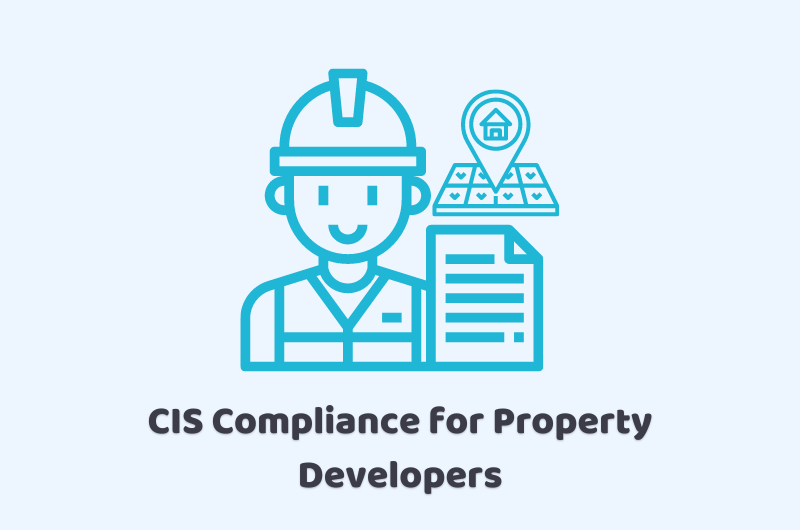12/01/2023tax , Tax Issues , Tax News and Tips , Tax Saving Tips , Taxation
CIS compliance refers to the focus on HMRC’s Construction Industry Scheme guide that ensures the deduction of the tax from the earnings of the contractors from the building firms is done right. There are a few exceptions in the case of subcontractors who are paid without having any kind of tax deductions. The common practice …
Read more
